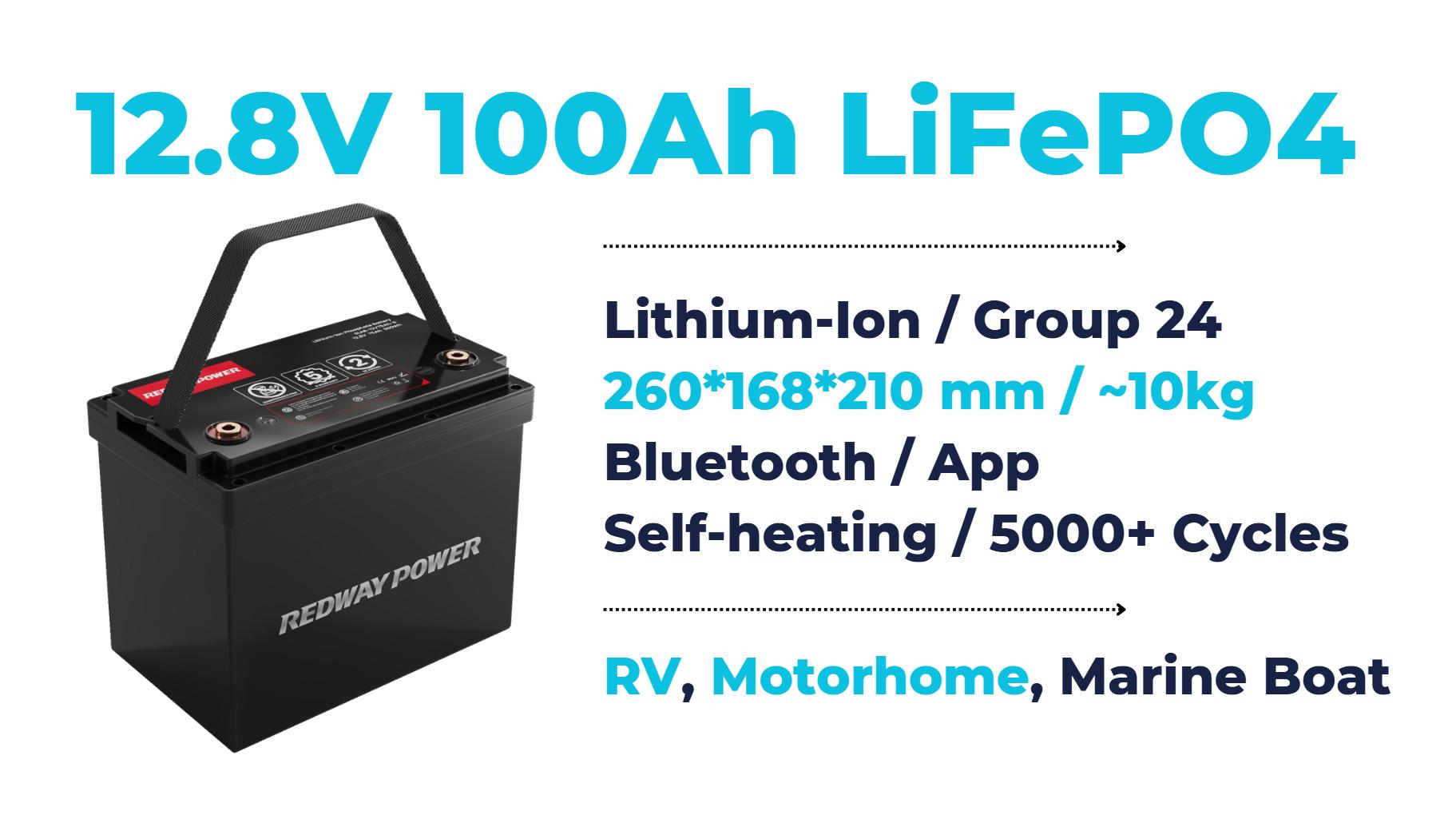Selecting the correct lithium-ion battery is crucial for optimizing your power solutions, whether for everyday gadgets or specialized applications. With the right approach, you can ensure longevity, efficiency, and reliability. Here’s a comprehensive guide to help you navigate the selection process and find the perfect battery for your needs.
To choose the right lithium-ion battery size, check your device’s compatibility, consider capacity (mAh) for longer use, ensure voltage matches requirements, and think about your usage purpose—especially if high power is needed.
Step 1: Estimate Your Load Requirements
Before diving into specific battery models, you must first estimate your load requirements. This involves understanding the total energy your devices or systems consume. Begin by:
- Identifying the devices that will use the battery.
- Calculating their power consumption, usually measured in watts (W) or amps (A).
- Determining the duration these devices will be in use daily.
For example, if you have a device that consumes 50 watts and operates for 5 hours daily, your daily energy requirement is 250 watt-hours (Wh). This step is crucial for establishing a baseline for your battery needs.
Step 2: Determine Backup Time Needed
Once you have your load requirements, the next step is to determine the backup time needed. This is the amount of time your battery must support your load in case of power failure or when off the grid. To calculate this:
- Define the desired backup time (e.g., 4 hours, 8 hours, or 24 hours).
- Multiply your daily energy requirement by the number of hours you need backup.
For instance, if you need a 4-hour backup for a 250 Wh load, you would require a battery with a capacity of 1,000 Wh (250 Wh x 4 hours).
Step 3: Calculate Total Battery Capacity
The total battery capacity you need is derived from your load requirements and backup time. Capacity is usually expressed in amp-hours (Ah) or watt-hours (Wh). To convert between these units:
- Determine your required watt-hour capacity (from Step 2).
- Divide this number by the battery voltage to find amp-hours.
For example, if you require 1,000 Wh and are using a 12-volt battery, the capacity needed would be approximately 83.3 Ah (1,000 Wh / 12 V).
Step 4: Select Suitable Battery Voltage
Choosing the suitable battery voltage is essential for compatibility with your devices and systems. Most lithium-ion batteries come in standard voltages such as 3.7V, 7.4V, 12V, 24V, and 48V. Consider the following:
- Match the battery voltage to your system’s requirements to avoid damaging equipment.
- Higher voltages can deliver more power with less current, which can be beneficial for high-power applications.
For example, a 12V battery is commonly used in home solar systems, while a 24V or 48V battery might be necessary for larger setups or higher power requirements.
Step 5: Determine Number of Batteries
Based on your required capacity and voltage, you may need to determine the number of batteries required. This depends on the individual battery capacities and your total capacity needs.
- Calculate the number of batteries by dividing your total required capacity by the capacity of a single battery.
- Ensure batteries are connected correctly to meet the voltage and capacity requirements.
For instance, if you need 1,000 Wh and each battery provides 250 Wh, you would need 4 batteries (1,000 Wh / 250 Wh).
Optimal Solar Battery Selection by Application
When selecting batteries for solar applications, consider the following factors:
- Depth of Discharge (DoD): Lithium-ion batteries typically offer a higher DoD compared to lead-acid batteries, meaning you can use more of the battery’s capacity without damaging it.
- Cycle Life: Higher-quality lithium-ion batteries provide more charge-discharge cycles, reducing the need for replacements.
- Efficiency: Look for batteries with high round-trip efficiency to ensure minimal energy loss.
For solar setups, solar batteries must be compatible with your inverter and charge controller. Ensure the battery specifications align with the power output and voltage of your solar panels.
Why Choose Redway Battery
Redway Battery excels in providing high-quality lithium-ion batteries tailored to specific needs. With extensive experience in manufacturing 21700, 18650, 14500, and AA batteries, Redway Battery offers:
- Expertise in Battery Technology: Redway’s deep knowledge ensures you receive the best advice for your power needs.
- Custom Solutions: Whether you need batteries for high-drain applications or specialized uses like golf carts, Redway provides tailored solutions.
- B2B and OEM Support: Redway’s commitment to excellence makes them a preferred partner for businesses requiring reliable battery solutions.
For a quick and personalized quote, we encourage you to reach out to Redway Battery today. Their expertise and high-quality products are designed to meet a wide range of power needs, making them a top choice for your battery requirements.



